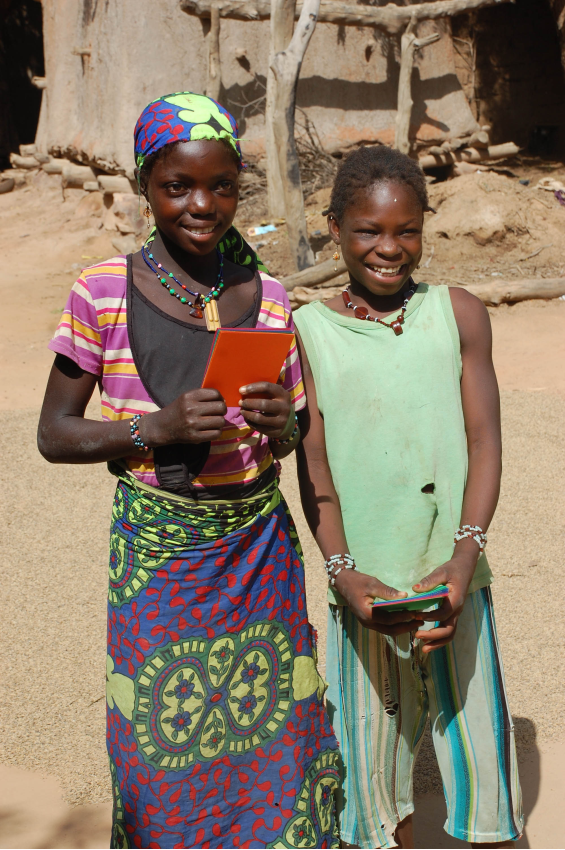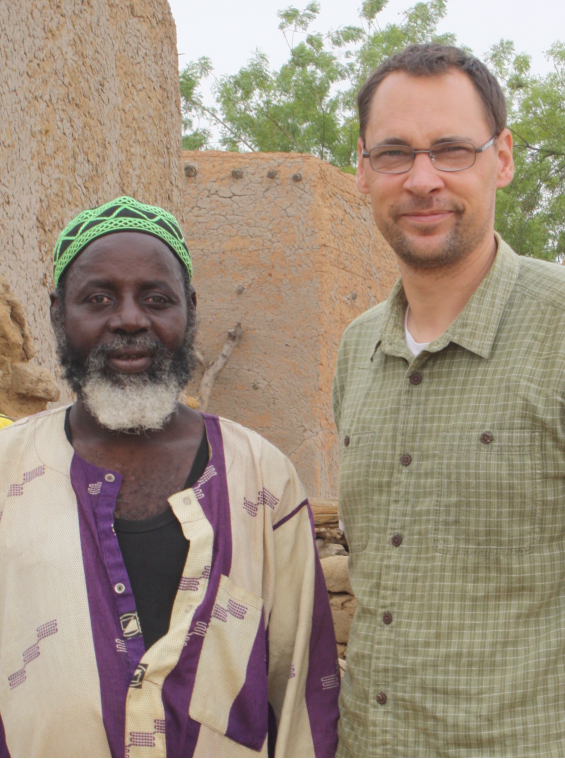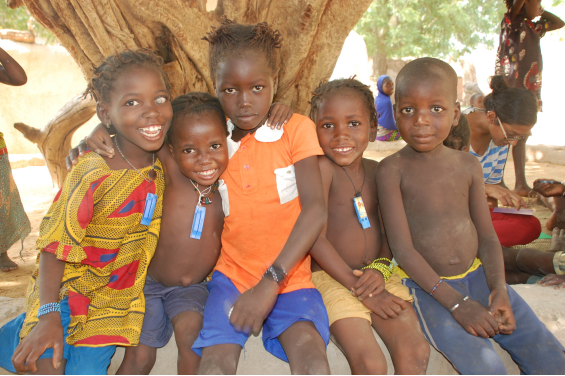
Mali
Mali is a country about the size of France in the heart of West Africa with a population of about 15 million. Land-locked, with two-thirds of the country in the Sahara Desert, most people are farmers, fishermen, or animal herders.
According to the United Nations Development Program (UNDP) Mali is 182nd out of 186 ranked countries in the 2014 Human Development Index. The average income is roughly 850 USD a year and 50% of the population lives on $1.25 or less a day, making Mali one
of the poorest countries in the world. The adult literacy rate is estimated at 33% but this low figure actually hides the extent of illiteracy in most of the country. Rural literacy, particularly for for women is significantly less.
While the government is trying to improve social services like education and healthcare for a rapidly growing population, it will take a long time until it is able to provide quality services throughout the country.
Guidowel
The village of Guidowel lies in the northern Sahel region of Mali and only a few miles from the Bani River, one of the main tributaries of the Niger River. The estimated 1500 villagers live mostly off of rain fed millet and sorghum fields (grain crops), some
livestock (mostly sheep and goats) and fish from the Bani and the backwater lakes that form from its annual flooding. Men and women also participate in different smaller trades including pottery and cloth production. Guidowel’s families are mostly Dogon– an
ethnic group famous for their beautiful cliffside villages farther east.
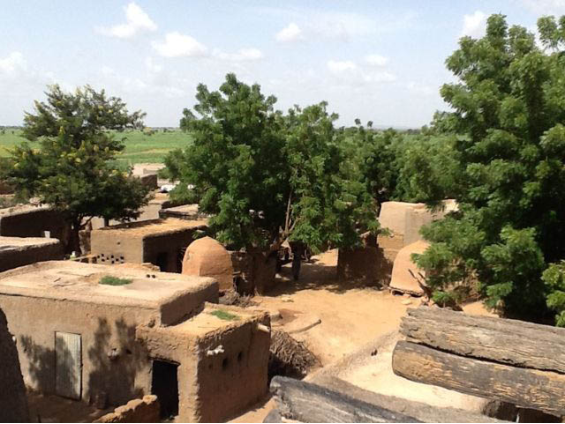
Literacy in Guidowel is mostly learned at koranic schools with the local marabout or Imam. A few villagers speak a little French (the official language in Mali), gained from NGO courses or among men who have spent some time working in Bamako or Abidjan.
Since villagers speak primarily the local Dogon dialect it is more difficult for them to find jobs outside the village.
Why Help Build a School in Guidowel?
Well, because the community asked for our help to do so! And, because the Ministry of Education (MoE) confirmed that Guidowel, as the most populous village in the area wihthout a school (and bigger than some villages with schools), should have a school. In
fact, the MoE has Guidowel at the top of their list to receive a school and has identified a teacher to support the school – but they don’t have the funds to build a school. And, we believe the small act of building a school can have a big impact on improving
quality of life for future generations.
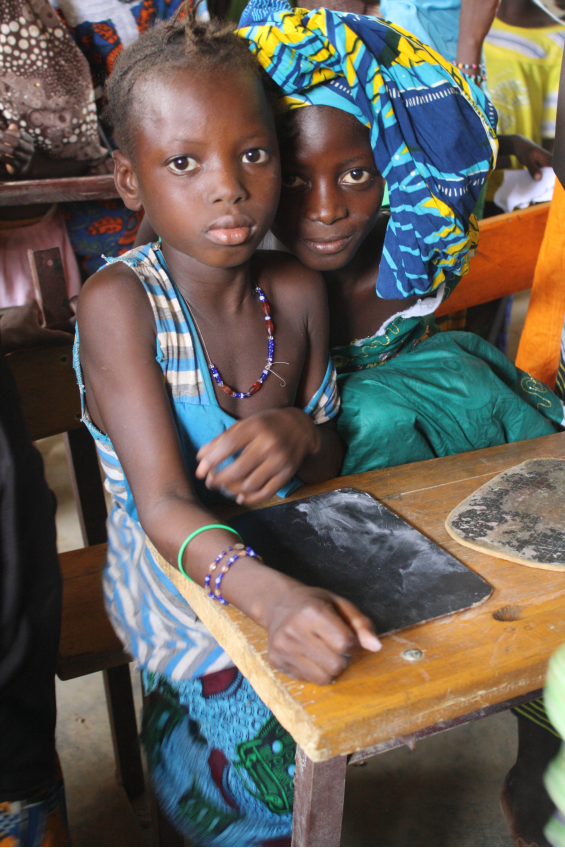
Parents and village elders told us that by allowing the younger generation the chance to become literate in the local languages and French they will have more information and choices in life. This in turn benefits the whole community. Having a school in
their village makes it more likely that kids will go to school regularly, especially for girls, and helps ease the burden on other villages to accommodate hundreds of additional children.
Our ultimate goal is to have not just a school in Guidowel but a generation of children from the village that grow up to be literate women and men.
How will Guidowel and the Malian Authorities Contribute?
Young men from the village will provide the labor to build the school. A local contractor will be agreed by us, the village head, and the local authorities to lead the construction to make sure the school is built according to Malian regulations.
The village head along with numerous parents have committed to ensuring children, including girls, attend the school. And the local education authority has committed to placing the school under the national public school system and providing a teacher.
